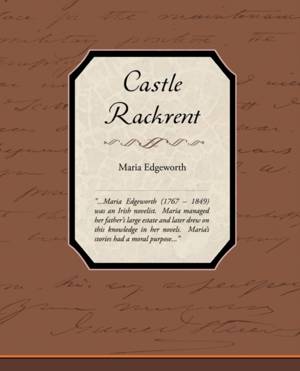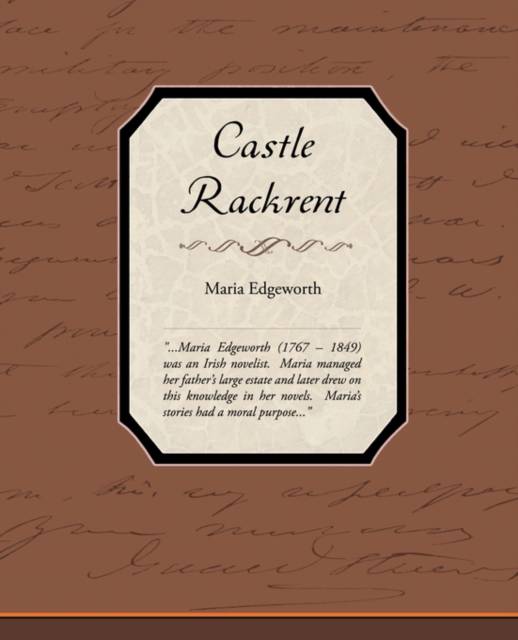
- Afhalen na 1 uur in een winkel met voorraad
- Gratis thuislevering in België vanaf € 30
- Ruim aanbod met 7 miljoen producten
- Afhalen na 1 uur in een winkel met voorraad
- Gratis thuislevering in België vanaf € 30
- Ruim aanbod met 7 miljoen producten
Zoeken
Omschrijving
Maria Edgeworth (1767 - 1849) was an Irish novelist. Maria managed her father's large estate and later drew on this knowledge in her novels. Maria's stories had a moral purpose. The stories often pointed out the responsibility of the upper class toward their tenants. During the 1790s, with Ireland in political crisis, Maria Edgeworth made a surprisingly rebellious choice: in Castle Rackrent. She adopted an Irish Catholic voice to narrate the decline of a family from her own Anglo-Irish class. With this satire on Anglo-Irish landlords Edgeworth pioneered the regional novel and inspired Sir Walter Scott's Waverley (1814). She also changed the focus of conflict in Ireland from religion to class and boldly predicted the rise of the Irish Catholic bourgeoisie.
Specificaties
Betrokkenen
- Auteur(s):
- Uitgeverij:
Inhoud
- Aantal bladzijden:
- 114
- Taal:
- Engels
Eigenschappen
- Productcode (EAN):
- 9781438535999
- Verschijningsdatum:
- 4/02/2010
- Uitvoering:
- Paperback
- Formaat:
- Trade paperback (VS)
- Afmetingen:
- 190 mm x 235 mm
- Gewicht:
- 208 g

Alleen bij Standaard Boekhandel
+ 37 punten op je klantenkaart van Standaard Boekhandel
Beoordelingen
We publiceren alleen reviews die voldoen aan de voorwaarden voor reviews. Bekijk onze voorwaarden voor reviews.








